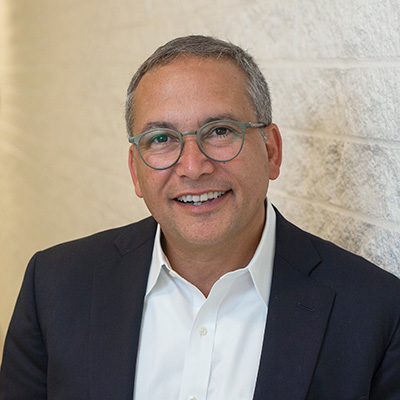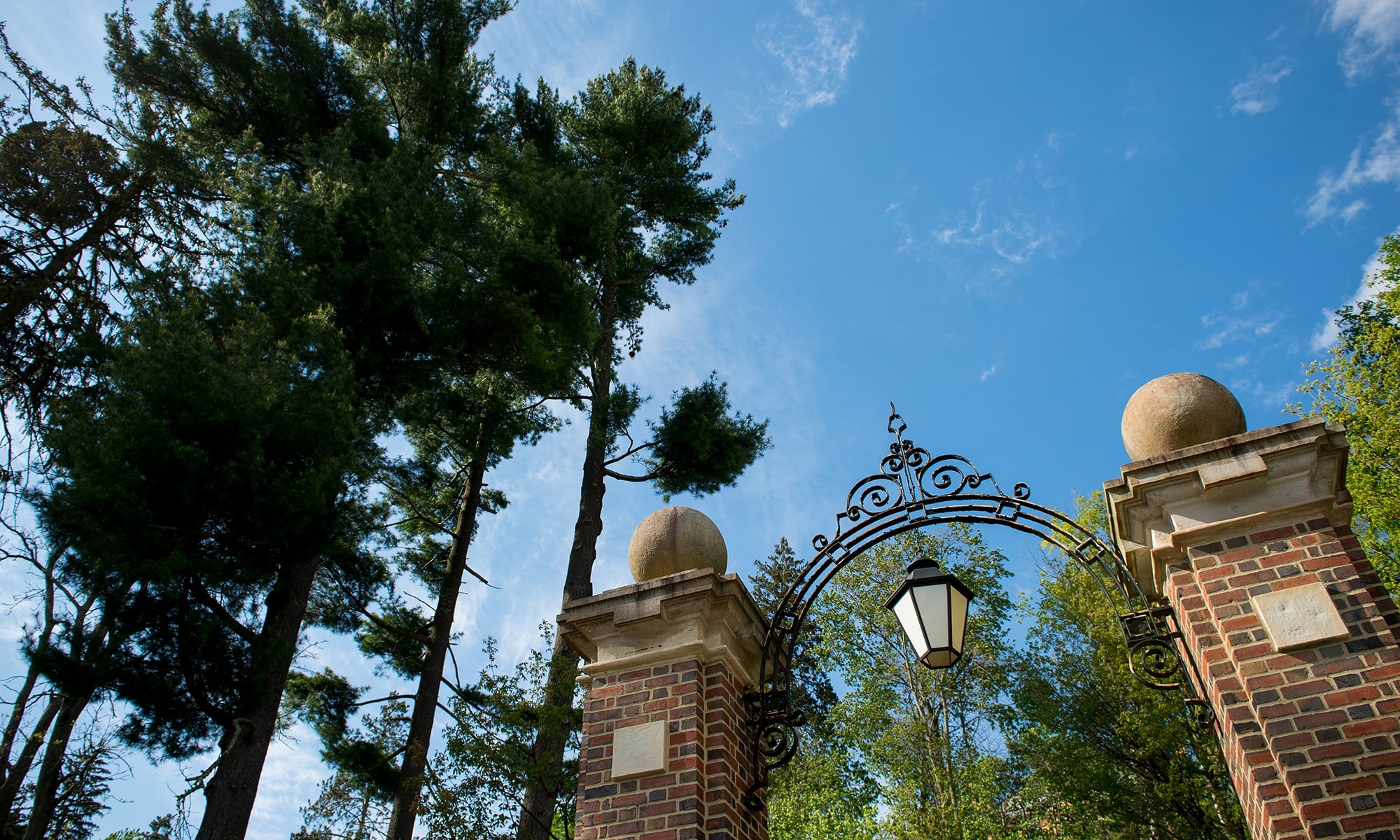Members of America’s college Class of 2027 will soon begin four critical years of their lives. I’m a university president who’s about to preside over my 11th incoming class, and there are a few things I think every first-year student should consider to get the most out of college.
Start by being clear about why you and your family have decided to make a significant investment of time and financial resources in a college education. The purpose is to undergo intellectual and personal growth that will prepare you to launch effectively and successfully into your life and career.
There are three parts to your college journey. The first is the academic experience. Embrace it. Show up for class. Get engaged with the material, the professors, the books you read and the papers you write. Be a part of the discussions in the classroom and with your classmates and faculty members outside it. The more you put in, the more you will get out of it.
Whether you’re at a large state university or a smaller private college, you will be exposed to remarkable faculty members eager to help you. Go see them in their office hours. Make it a point to seek out faculty members who can be guides and mentors who can help you think about the life you want to build for yourself.
And take a wide range of courses. You might know exactly what your major will be — or you might just think that you do. Be open to finding out and confirming where you are going academically. And that subject you have always been kind of interested in that is not part of your intended major? Take it. You’ll never regret it.
The second part of the journey is campus life. Take advantage of whatever your college has to offer. Join student organizations. Watch your school athletic teams and arts productions. Attend lectures and academic department events. Find a campus job. Scan the student newspaper every single time it comes out and try new things.
Third, take advantage of your school’s career resource center. Every school has one, and in my experience, most students engage with theirs too little and too late. Career resource centers are not just about lining up job interviews. They are about helping students scan the broad horizon of possible directions they can take and then getting them there.
If I were to capsulize my advice, it would be the following five things:
- Be curious about everyone and everything at college — the people, the subjects, the classes, the ideas, the activities, the campus. Everything. You’ll learn more, see more, do more and think more as a result. Replace fear, discomfort and embarrassment with curiosity. The more you are driven by curiosity, the greater the likelihood that you will succeed in challenging classes, make new friends and consider exciting possibilities for your future.
- Try to develop the widest possible range of relationships with peers, faculty and staff. Typically, students start by developing friendships with peers who are similar to them, but that should be only the beginning. You will get the most from your college experience when you seek out and form friendships with people who have life experiences and worldviews different from yours — the wider your network of friends, the more you will learn. And again: Get to know your faculty. Relationships with faculty and staff will greatly enhance your college experience.
- Learn to perform at a high level. You’re going to college to unleash your potential and accelerate your capabilities as a person. Remember, we learn to do hard things only by doing hard things. Show up motivated, engaged, ready to fully commit and excited to be pushed by people who believe in you. You will probably stumble and maybe even experience a few failures along the way. That is normal and OK. Learn to see the inevitable challenges as an opportunity for growth and allow it to become motivating.
- Ask for help early and often. Everything is not going to go well all of the time. Many first-year students experience days when it feels like their academic studies are crushing them, but I can assure you they won’t. Other students experience challenges making friends or getting adjusted to being away from home. When things do not go well, seek out faculty and staff members who can help you learn from experience. Our campuses are filled with people who want to help you grow and flourish. The inherent challenges of college help us develop confidence in ourselves and the skills and habits to flourish.
- Keep your mind wide open. Ground yourself in the notion that the answers that seem simple and right to you may be more complex and nuanced than you realize. Resist the impulse to judge others and instead find ways to learn from their perspective and them from yours. Find the intellectual humility to be open to the idea that you might be wrong and develop the habit of always seeking out alternative views. The most important learning takes place at the intersection of challenge, discomfort and curiosity. For this to happen, you must keep your mind wide open and be curious about the people and ideas you engage with across campus.
College is a new beginning for most students. Bring your best self, dive into your classes and surroundings, make friends with as many people as possible and brace yourself for some challenging days. And don’t forget to find gratitude for this amazing moment in your life and all the opportunities ahead.

